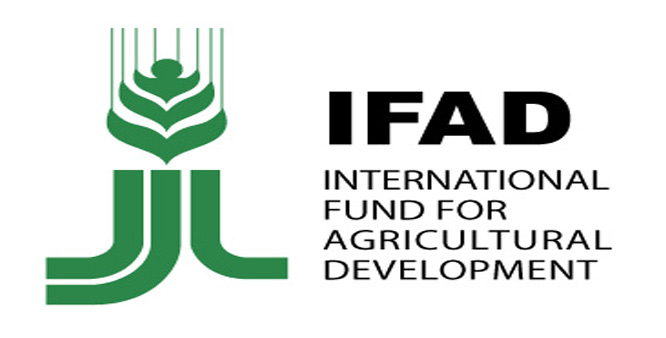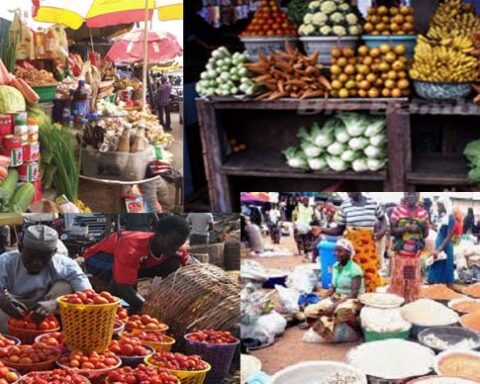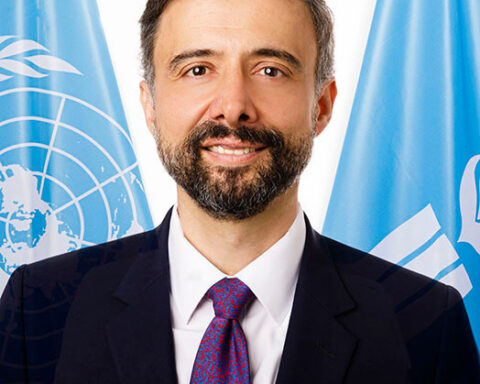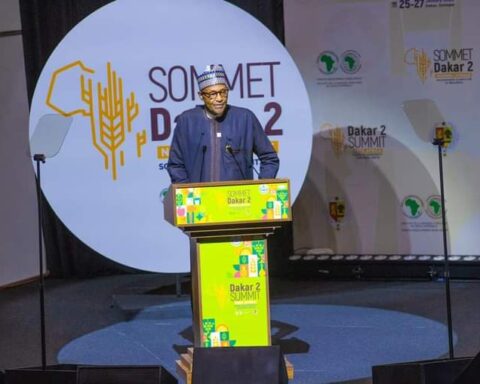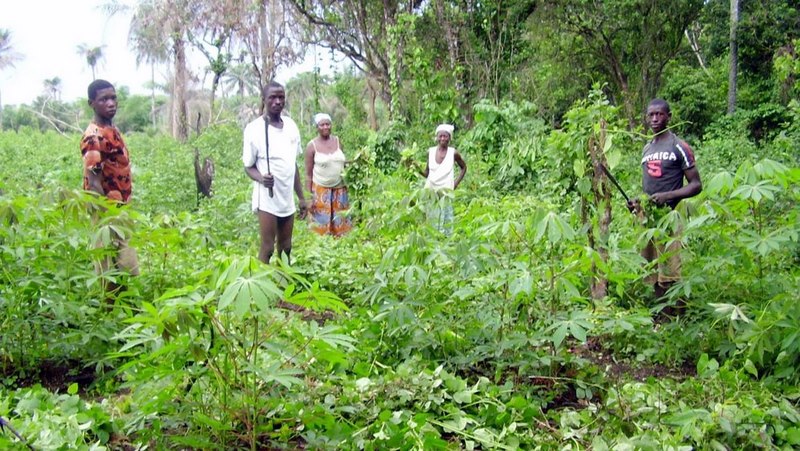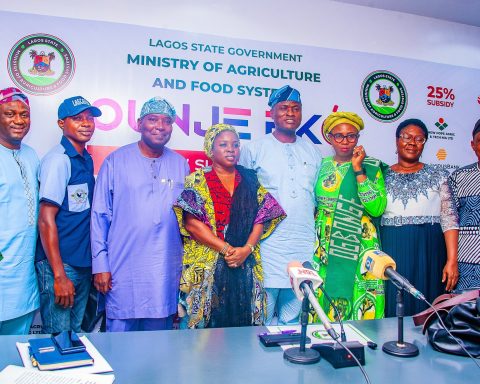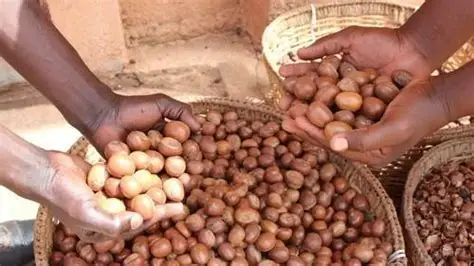In a significant move to strengthen its commitment to ethical investments, the Executive Board of the International Fund for Agricultural Development (IFAD) has agreed on a policy to further shift the agency’s treasury investments to green bonds and other Environmental, Social and Governance (ESG) investments.
The policy which was approved through a vote by correspondence, is in addition to IFAD’s already established socially responsible investment strategy, which mirrors United Nations’ Global Compact principles.
With the adoption of the 2022 Investment Policy Statement, IFAD will also publish the list of industries excluded from its investments, strengthening its position as a responsible investor.
Join our WhatsApp ChannelAt the end of September 2021, IFAD had US$1.35 billion invested in financial instruments. This amount is derived from replenishments (contributions from Member States), borrowed funds and loan repayments, which are then committed to developing countries under IFAD’s regular programme of loans and grants.
READ ALSO: Amid food insecurity, 4,250 farmers buckle for survival in Nigeria’s Delta region
Alvaro Lario, IFAD Associate Vice-President and Chief Financial Officer and Controller, said the agency “has always been a responsible investor with human rights, environmental, social and anti-corruption principles strongly entrenched in our DNA. Today’s landmark decision is an ambitious step to further translate our principles into reality.”
Going forward, IFAD will proactively increase its investments in green bonds and other ESG securities, including supranational, sovereign, agency and corporate bonds, and asset-backed securities in the impact bond market. IFAD’s ESG investments on financial markets have so far remained limited.
“Increasing our investments in ESG bonds is not only further proof of our commitment to strong ESG standards but it is also a long-term strategy to strengthen IFAD’s portfolio and align it to sustainable financial market practices,” Lario added.
IFAD’s primary investment objectives are to preserve the value of the assets invested and to ensure that resources are available when they are required to finance IFAD’s operations in developing countries. Subject to these two parameters, together with the reinforced overlay of ESG criteria, IFAD seeks to prudently optimize the returns on its investments.
The Investment Policy Statement explains that IFAD will systematically exclude from its investments securities issued by entities involved with unethical products or services, including, but not limited to, weapons and ammunitions, coal extraction, coal-fired power generation, tobacco, alcohol and gambling – among others. While IFAD’s long time adherence and compliance with The Ten Principles of the United Nations Global Compact has ensured no such investments were made in the past, the publication of the list of excluded industries will strengthen transparency and further consolidate IFAD’s commitment to ESG objectives. IFAD has now joined other pioneering UN agencies and international financial institutions which publish such a list.


